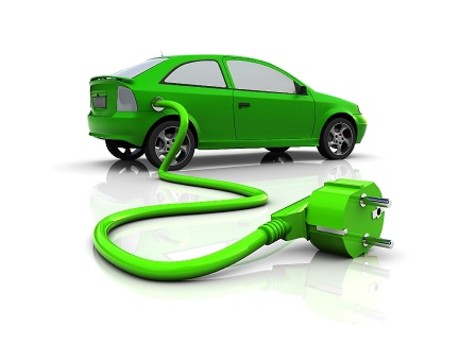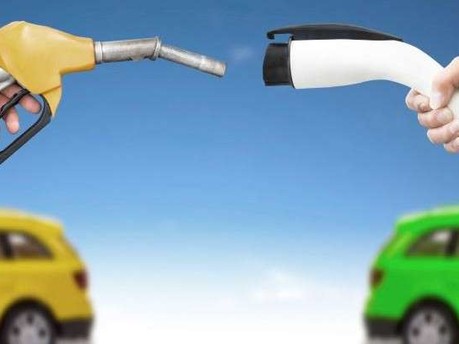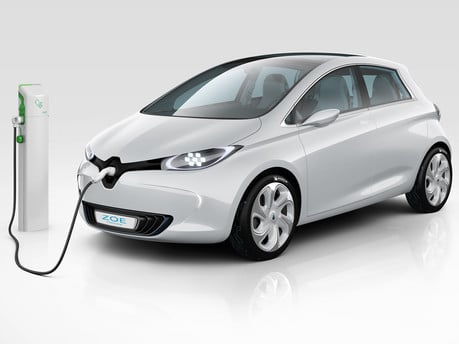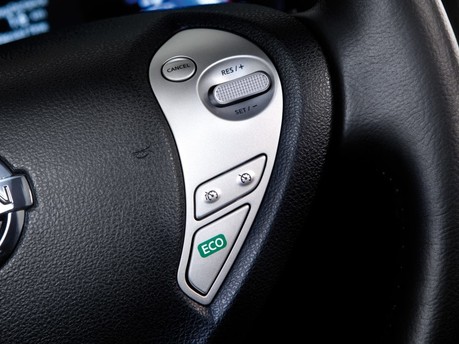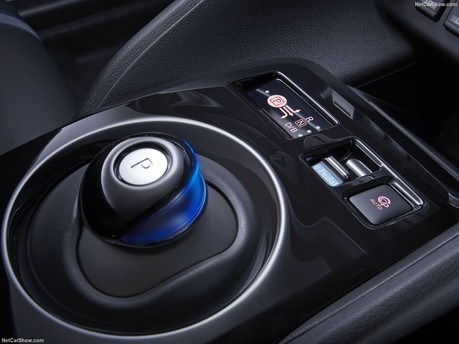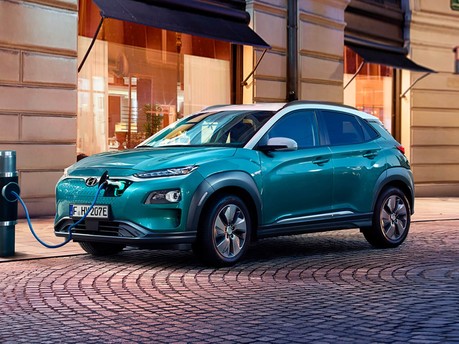Why Buy An Electric Vehicle (EV)?
Electric Vehicles (EVs) have been in the mainstream car market since 2010 when the first generation Nissan Leaf was initially released. Although there were other electric models before this, the Leaf was the first one to generate sustainable sales figures. The Leaf has since been joined by models from Renault, BMW, Lexus and most recently, new kid on the block, Tesla.
The EV market is increasing year on year while the sales of new petrol and diesel cars is starting to decline. This shift in buyer behaviour is a result of a number of factors including incentives to buy electric vehicles, improvement in range and design and a realisation that electricity is cheaper than traditional fossil fuels. So, why should you make the switch to electric?
Cheaper Driving
Driving an electric vehicle will cost you less than driving a petrol or a diesel because electricity is cheaper and it is renewable. Typically, if you were to charge your electric car at home it would cost between £2.50 and £5, depending on your electricity tariff, for a full overnight charge, giving you around 100 miles of range (depending on your EV). This works out at around 2p-3p per mile.
During the week, most of us that drive to work will probably only undertake a 30 mile round trip, meaning that you won't need to charge everyday. Let's suggest that you fill up your petrol car that achieves 43mpg with £50 of fuel at £1.12p a litre, giving you around 420 miles before your next fill up. If there were 22 working days in a month, you would be driving 660 miles and therefore need to fill up twice, costing you £100.
If, however, you switched to an electric car and you received 100 miles of range for every charge, you would only need to charge your electric car six times in a month, costing you around £30 in electricity. This is a saving of around £70 a month and nearly £850 a year!
Even if you were to fully charge your car at home five times a week, it would cost about £25 per week, or £100-£125 extra per month on your electricity bill. In contrast, even the most frugal 0.9 litre engines would cost at least £40 to achieve 500 miles of driving, which is almost £200 per month.
Save on Tax And London Charges
As of 1st April 2017, road tax has changed. Any car that is now registered will have to pay a variable road tax rate in the first year of ownership based on the car's CO2 emissions. From year two onwards, every car will have to pay £140 a year in road tax, or £450 a year if the car originally cost more than £40,000. The only cars exempt from this are electric vehicles. They will continue to be charged £0 in road tax, unless they originally cost more than £40,000 (e.g. Tesla models), in which case they will be charged £310 a year in road tax from year two onwards.
Zero emissions doesn't only help to save on tax, it also makes electric cars exempt from the Congestion Charge and the newly introduced T-Charge. In an effort to reduce toxicity and congestion in London, Mayor Sadiq Khan has introduced a new daily charge of £10 for any vehicles that are Euro 4 emissions standard or older. The new charge operates 24 hours a day, 7 days a week. With the Congestion Charge currently at £11.50 per day, London drivers could be looking at a combined total of £21.50 per day which is over £100 per week and over £1,000 in a year*.
Cleaner Driving
Tailpipe emissions have a massive negative impact on the surrounding environment, particularly in built-up, urban areas. We all know that our petrol and diesel cars produce greenhouse gases and that these emissions are harmful to those breathing them in.
Many people have pointed out that an electric vehicle still needs to use electricity generated from a power station in order to be charged. So, even though an electric vehicle has zero emissions, it still contributes to air pollution.
This is of course correct; however, increasing amounts of the National Grid's electricity is being sourced from renewable resources as opposed to coal or gas power stations. Even if you factor power station emissions into the mix, an electric vehicle's CO2 emissions are still considerably lower than vehicles using traditional fossil-fuel burning machines.
Incentivised Driving
In 2011, the government introduced the Plug-in Car Grant (PiCG) which incentivised car buyers to purchase a fully electric or hybrid car in order to receive up to £5,000 off the car's full sale price.
This grant has recently been extended with buyers of pure electric cars receiving £4,500 off of their new purchase. Unfortunately, you are not eligible to receive a grant for second-hand cars, or category 2 or 3 vehicles with a recommended retail price of £60,000 and over.
Most manufacturers will provide additional deposit contributions and incentives on top of the PiCG to make buying a new electric car even cheaper.
New PiCG Categories
| CO2 Emissions & Zero Emission Range | Money-off | |
| Category 1 | CO2 emissions <50g/km and a zero emission range of at least 70 miles | £4,500 |
| Category 2 | CO2 emissions <50g/km and a zero emission range between 10 and 69 miles | £2,500 |
| Category 3 | CO2 emissions 50-75g/km and a zero emission range of at least 20 miles | £2,500 |
Advanced Driving
EV drivers have become accustomed to advanced technology that is commonplace with most electric cars that aren't normally found on conventionally-powered rivals. Owners of an electric vehicle can take advantage of driving-specific functions to help them make the most out of their range. 'Eco' modes limit auxiliary power drain and deaden throttle response, while variable strength brake energy recuperation harvests energy to assist with maximising range. Electric cars also have heated seats and steering wheels, features that are more commonplace with more luxury brands, because it is more efficient to heat contact areas rather than a large volume of air.
As an electric car owner, you would also be able to control a number of vehicle features including locking and unlocking the car, pre-conditioning the car's temperature, accessing driving information and charging times. Setting predetermined charge start and stop times is available on almost every electric vehicle. You can determine a certain time limit or battery percentage and this information can be stored so that you don't have to keep putting it in.
Pioneering manufacturers such as Nissan, Renault and Tesla are pushing the boundaries of EV technology with research into battery production to achieve larger ranges for their cars. They are also inventing new features such as the e-Pedal; this has been developed by Nissan so that the driver can control the speed of the car and even break with the use of a single pedal.
Quicker Driving
You might not associate electric cars with speed, but you would be very surprised behind the wheel of one.
The torque from the electric motor means that pick-up is instant which might even make a Ferrari beating you off the line difficult. Of course after a short distance you would be overtaken by the Italian supercar, but in the instances of short bursts of acceleration, an electric vehicle is much faster and more efficient than building revs.
Quieter Driving
Electric vehicle's electric motors produce very little noise. So, if you are looking for a quiet car to drive around town and commute to work in rather than a roaring and frankly impractical supercar, an electric car could well be the answer.
Electric cars are actually so quiet that the government are looking to introduce laws to create extra noise for them when they are at low speeds so that they are safer for pedestrians around town; otherwise they are actually too quiet.
Sustainable Driving
No matter how much we want to avoid it, oil, coal and gas are finite resources that are going to run out one day. That might not be a time that any of us need to worry about, but it is something that is going to happen. The UK has already committed to banning diesel and petrol cars by 2040, so the switch to electric may be forced upon some eventually. While EVs may not be perfect, and there is a serious lack of infrastructure currently in the UK and globally, there is no hiding from the fact that the dawn of electric cars is on the horizon as the traditional fossil fuel models see the beginning of the end.

